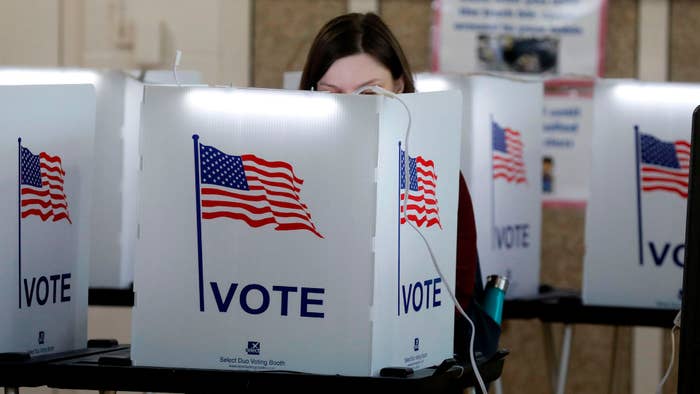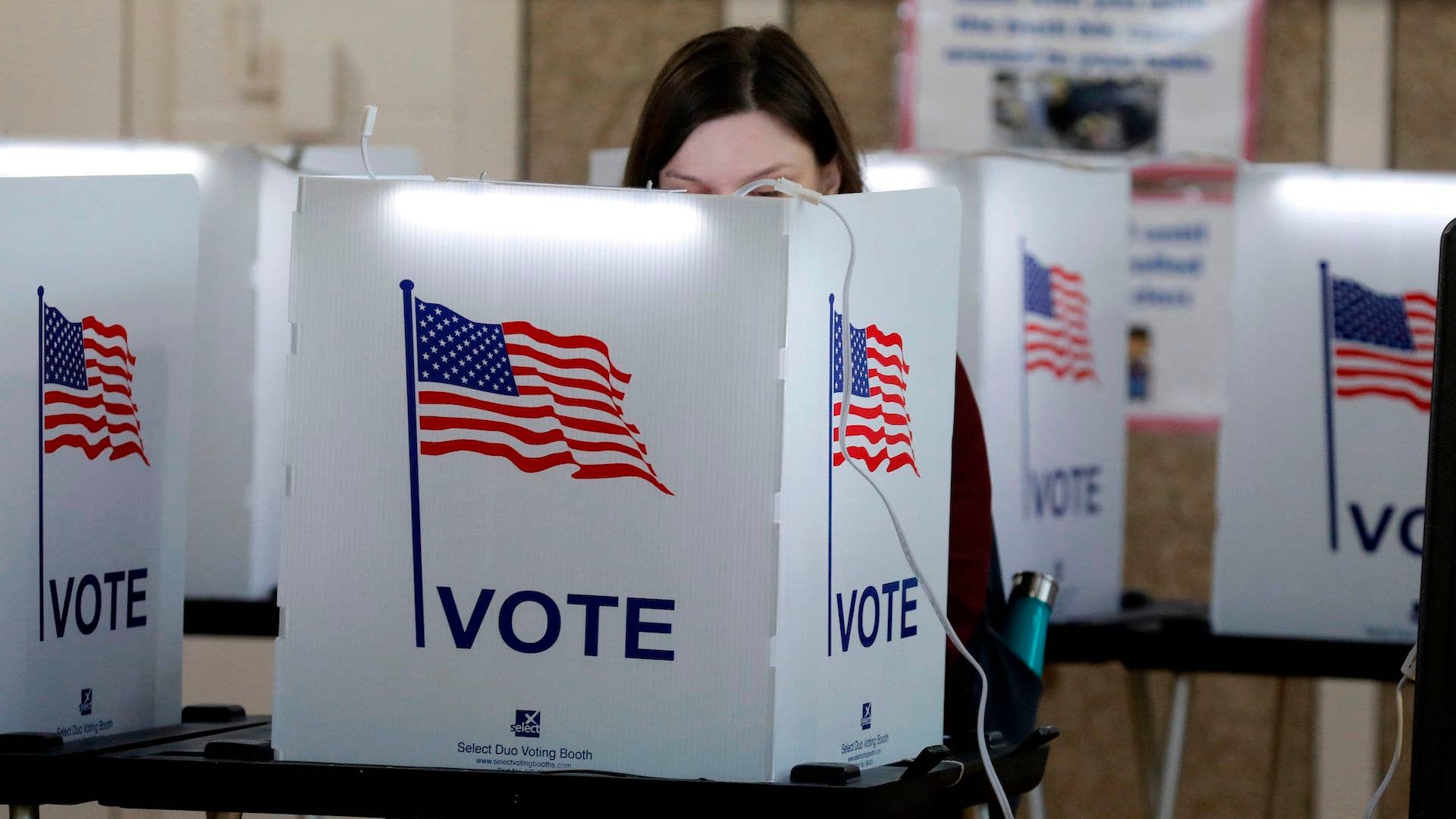
In a unanimous vote on Monday, the U.S. Supreme Court ruled that members of the Electoral College must vote based on the popular vote in their state.
This comes as both a win and loss to critics of the Electoral College, addressing concerns that rogue members could alter the course of an election or cause chaos in the 2020 election.
"The Constitution’s text and the nation’s history both support allowing a state to enforce an elector’s pledge to support his party’s nominee—and the state voters’ choice—for president," Associate Justice Elena Kagan wrote for a unanimous court, according to USA Today.
There are 538 people in the Electoral College who will cast the votes deciding if Joe Biden unseats incumbent Donald Trump, or if Trump will hold his position for a second term. While the Supreme Court decision does not reform this system to reflect a nationwide popular vote as many had hoped, according to NBC, it does prevent members from casting their votes in opposition to local voters.
Per USA Today, 10 electors in 2016 went rogue, changing the results of five previous presidential elections. Electors from Washington and Colorado argued that state governments could not regulate electors' voting decisions, but the Supreme Court struck down that argument, stating that the U.S. Constitution allows states to enforce the will of the people.
"The state instructs its electors that they have no ground for reversing the vote of millions of its citizens,” Kagan wrote in the Court’s opinion over the Washington case. “That direction accords with the Constitution—as well as with the trust of a nation that here, We the People rule."

